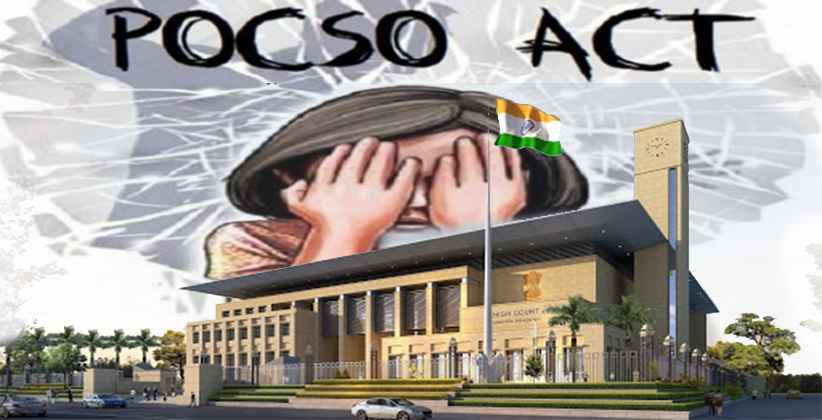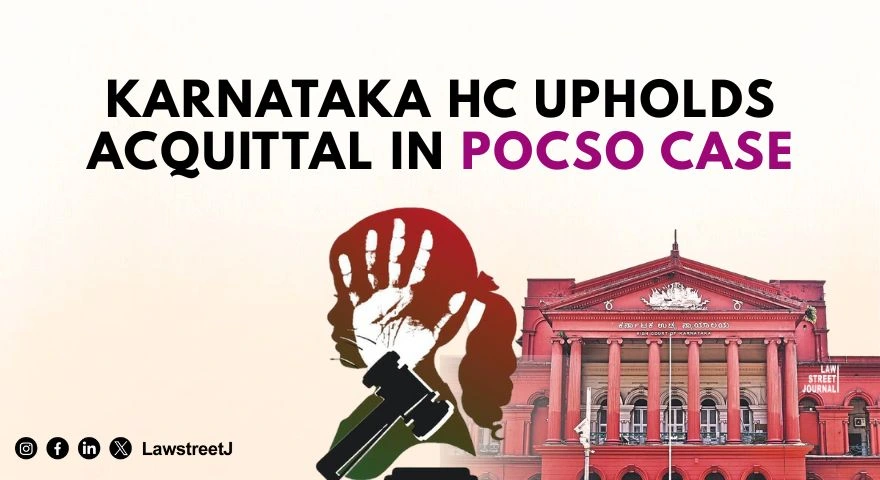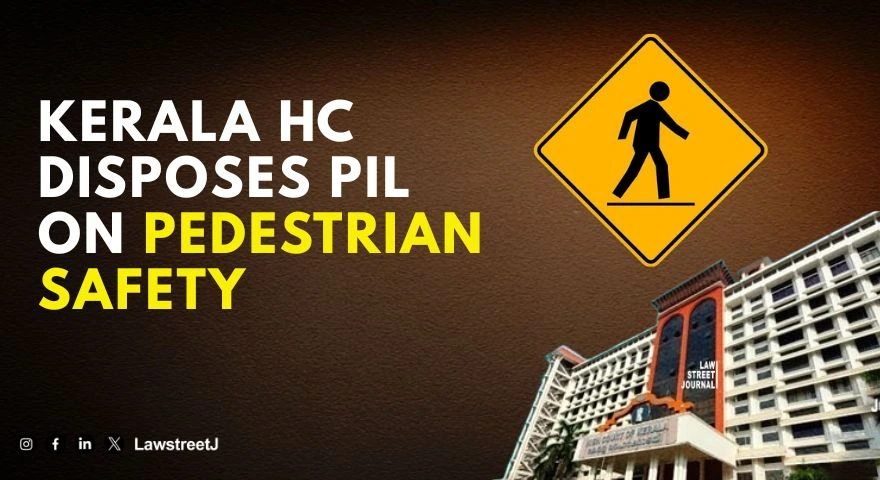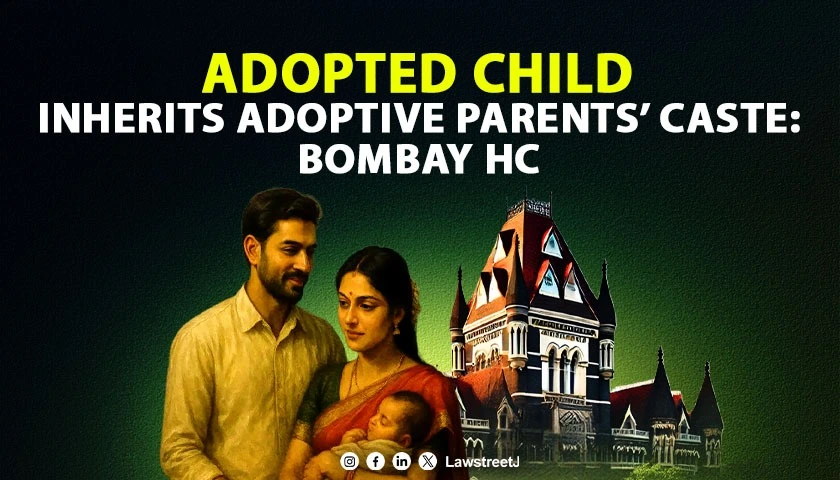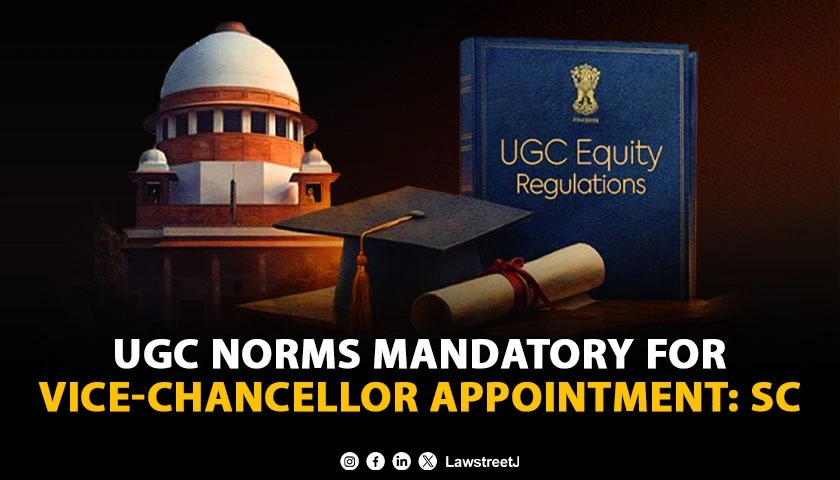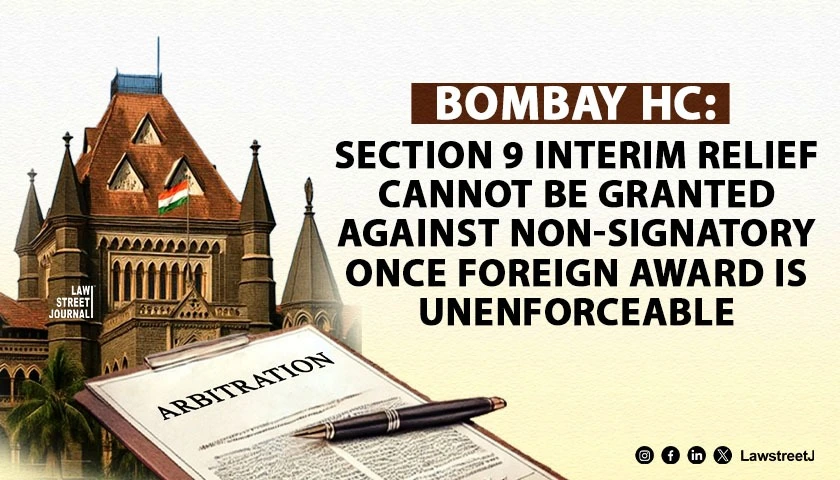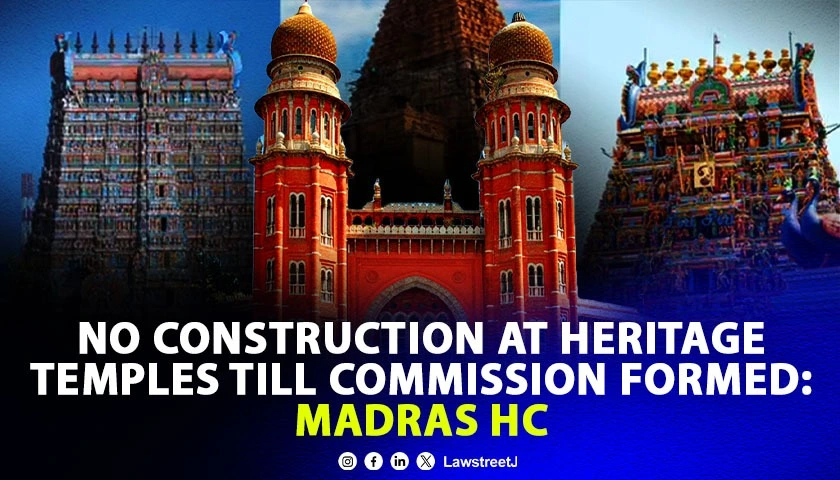The Andhra Pradesh High Court has on May 07, 2020, ruled that if the victim of sexual harassment was a minor when the alleged acts of crime were committed, then the Protection of Children from Sexual Offences (POCSO) Act, 2012 would apply, even in the case the complaint is lodged after the victim has become a major. A single Judge Bench comprising Justice Cheekati Manavendranath Roy has passed this significant judgment pertaining to sexual offenses committed against minors.
Background of the case:
A victim girl who had just enrolled in the University had ended her life by committing suicide on account of the alleged sexual assault and sexual harassment to which she was subjected by the accused.
There were three accused in the case, all studying with her in the same university. They were her seniors. The victim girl was continuously subjected to severe mental agony and emotional turmoil on account of the indecent behavior of the accused 1 to 3 and the sexual harassment caused to her by accused 1 to 3.
When her father informed the Principal of the indecent behavior of the accused 1 to 3 and also about their acts of ragging, he paid a deaf ear and did not take any action in this regard. He impliedly supported accused 1 to 3. Unable to bear their torture, misbehavior, ill-treatment, sexual harassment caused to her and their acts of ragging, the victim girl ultimately committed suicide by hanging in her hostel room. To this, the Police filed charges punishable under Section 306 of Indian Penal Code, 1860.
The charge-sheet was filed under the offenses punishable under Sections 354 (Assault or criminal force to woman with intent to outrage her modesty), 354(A)(2) (a demand or request for sexual favors), 354(D)(2)(monitors the use by a woman of the internet, email or any other form of electronic communication), 306 (Abetment of suicide ) and 109 (Punishment of abetment if the act abetted is committed in consequence and where no express provision is made for its punishment) of Indian Penal Code, 1860 and under Sections 4(i) and (v) (Section 4 lays down penalty for various forms of ragging) and 7(1) and (2) (Section 7 lays down provision of abetment of ragging) of the Andhra Pradesh Prohibition of Ragging Act, 1997 and under Sections 8 (punishment for sexual assault) and 12 (punishment for sexual harassment) of the POCSO Act.
A Special Court constituted under Section 28 of the Protection of Children from Sexual Offences Act, 2012 (the POCSO Act) at Guntur had returned the charge-sheet on the ground that the provisions of the POCSO Act were not applicable to the facts of the case, with a direction to present the charge-sheet before proper Court. As the judge had held that when suicide was committed, she was major. Challenging the order of the 1st Additional District and Sessions Judge, Guntur who had passed that order, the appeal was preferred before AP HC.
The petitioner (victims father) had submitted before the HC that at the time of the commission of the acts of sexual assault and sexual harassment by the accused against her, she was a child for the purpose of the POCSO Act. Under Section 2(d) of the POCSO Act, child means any person below the age of eighteen years.
The HC held that the acts of an accused committed at the time she was a child and not a major, prima facie, constitute an offense of sexual assault under Section 7 and offense of sexual harassment under Section 11 of the POCSO Act. The HC proceeded to say that,
the learned I Additional District and Sessions Judge haphazardly arrived at an erroneous conclusion by a cryptic order and erroneously held that the facts of the case do not attract any offenses under the POCSO Act. He also grossly erred in stating that as on the date of her death on 14-7-2015 that she is a major and as such the POCSO Act has no application. The learned Judge completely lost sight of the fact that the above acts of sexual assault and sexual harassment which are the offenses under Sections 7 and 11 of the Act were committed when she was a child below the age of eighteen years commencing from 07-9-2014 when she entered the University, even till the date when she became major on 22-4-2015 and subsequently also till her death. So, it shows the total non-application of mind of the learned Judge of Special Court to the provisions of the POCSO Act and also to the facts of the case which ultimately made him arrive at an erroneous conclusion in returning the charge sheet without taking it on to the file of the said Special Court which amounts to causing a gross miscarriage of justice in this case.
The Court further held that,
When the record prima facie reveals as per the evidence collected by the prosecution that the facts of the case constitute an offense under the POCSO Act, the Special Court is not justified in returning the charge-sheet on flimsy grounds. So, the learned Judge grossly erred in rejecting the charge-sheet on the ground that there was no report from the victim girl.
The matter was concluded with the Court directing the 1st Additional District and Sessions Judge cum Special Court under the POCSO Act, Guntur to dispose of the case in accordance with law as expeditiously as possible, preferably within six months from the date of receipt of a copy of the order.

